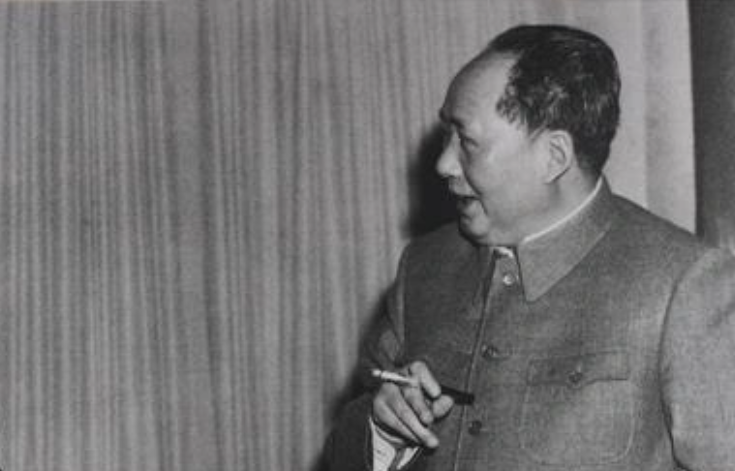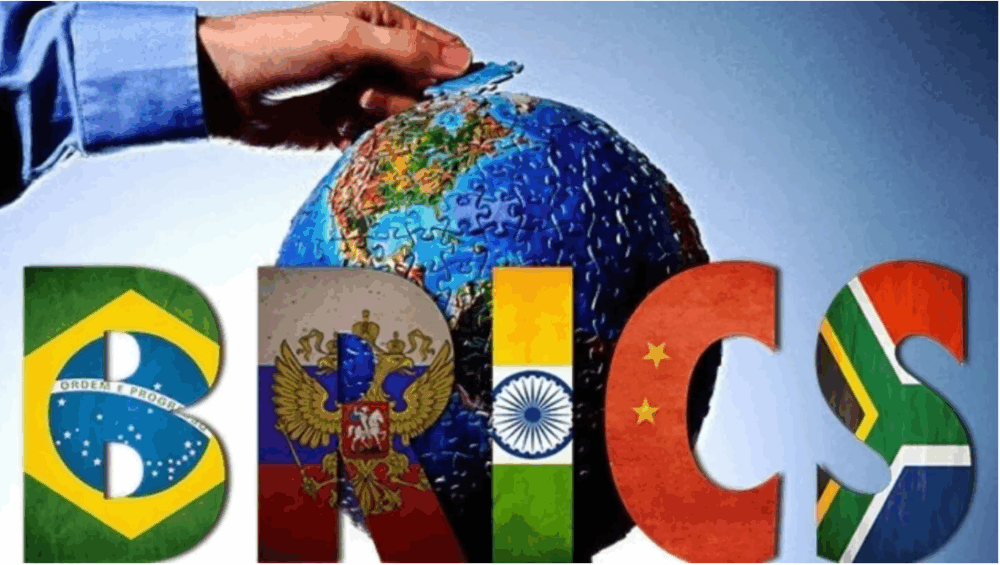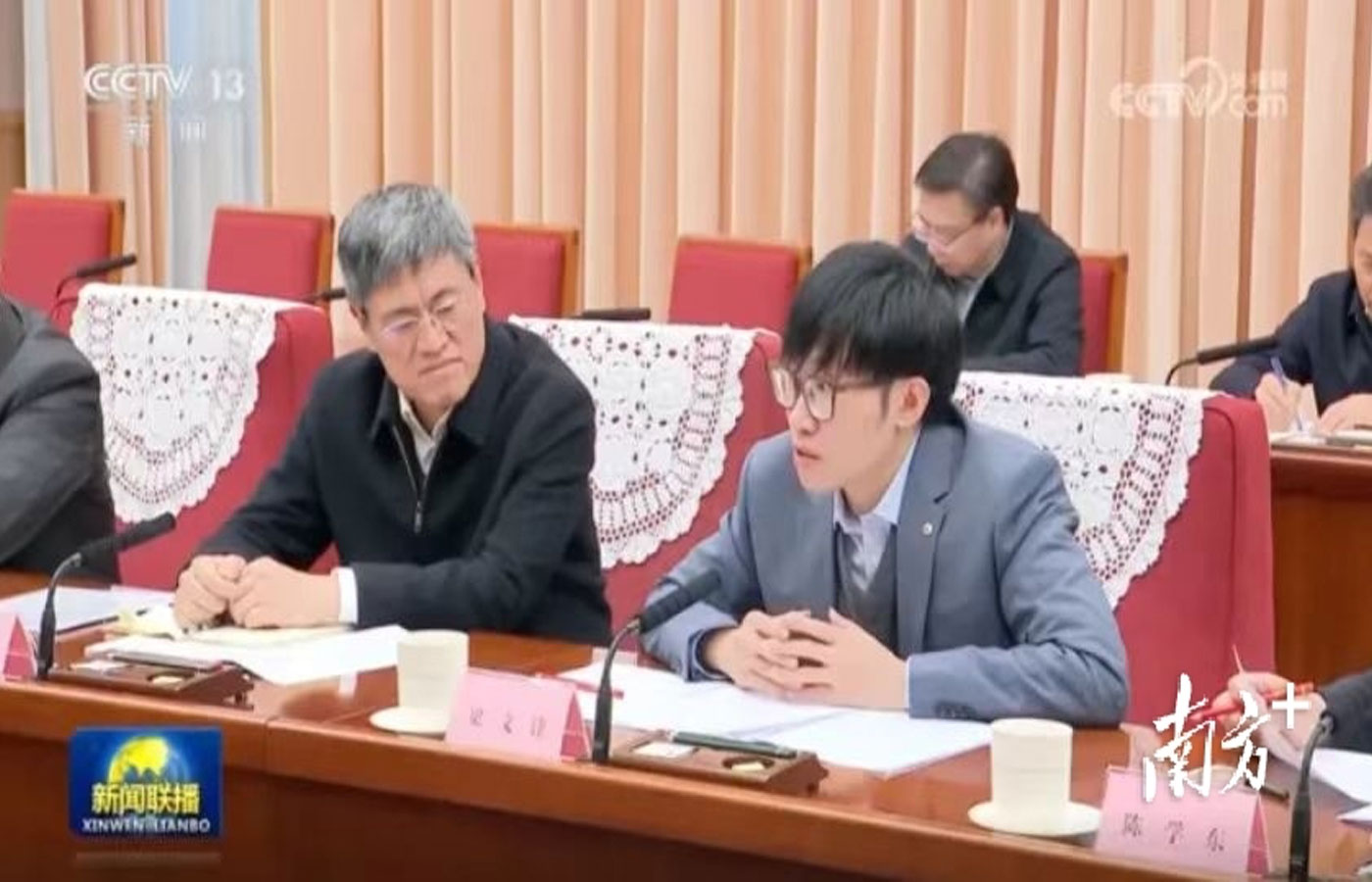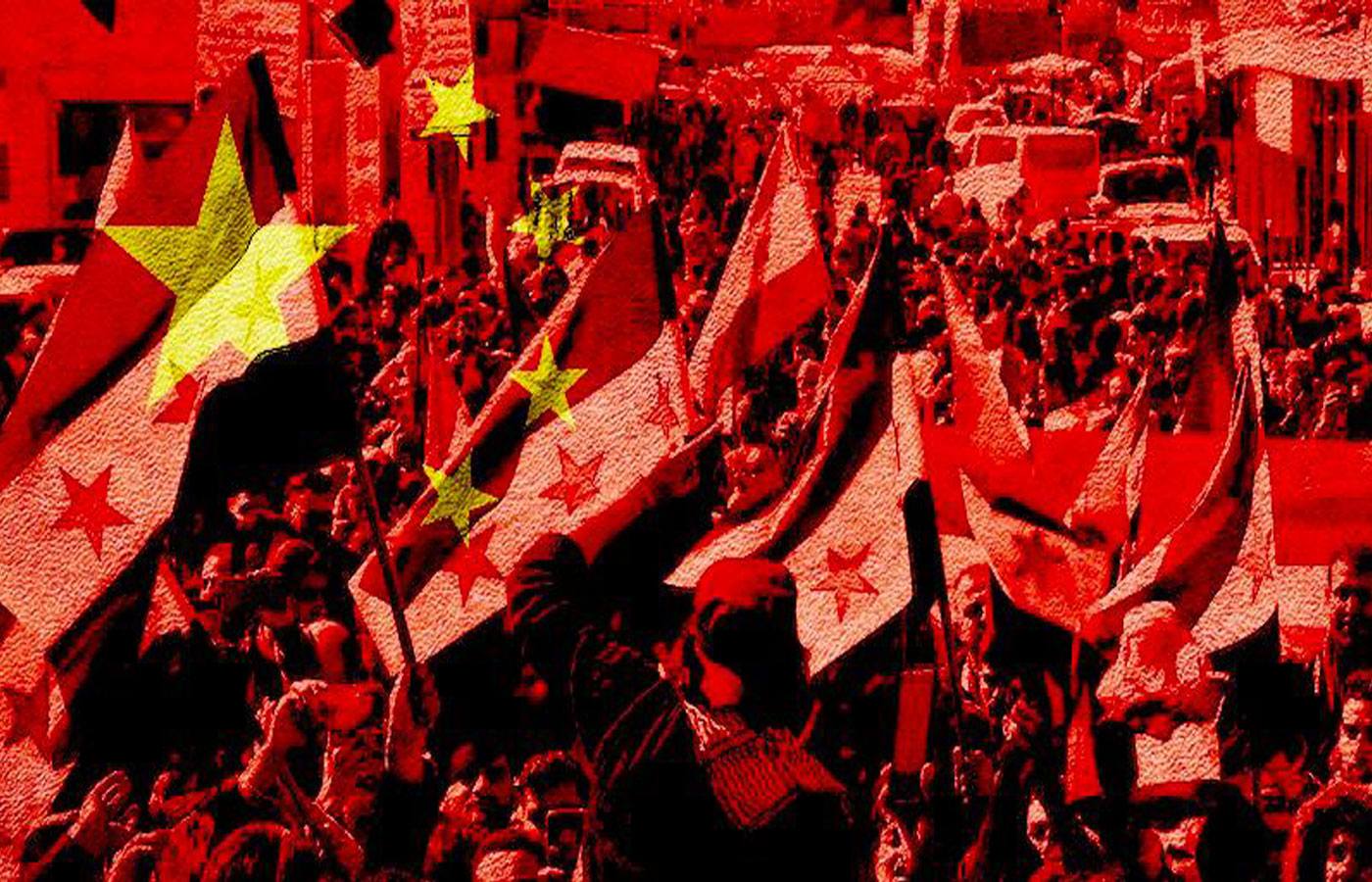To say the least, Iran has come a long way on the international stage over the past two years. The critical breakthroughs that have been made by the Middle Eastern nation wouldn’t have been possible without the support of a variety of political and economic partners, first and foremost China.
The signing of the Iran-China 25-year strategic partnership paved the way for the integration of Tehran as a full member of the Shanghai Cooperation Organization (SCO), and later the BRICS group, not to mention the country’s resumption of diplomatic relations with Saudi Arabia – a chain of events that eventually led to the “informal” swap agreement recently concluded between Iran and the US.
As a result, Iran has been somehow rehabilitated in the Concert of Nations, unavoidably gaining more credibility on the world stage. The noticed diplomatic trips of President Raïssi to Asia, Latin America and Africa are an eloquent illustration of the leadership’s voluntarism internationally. In a way, Beijing’s partners gained confidence from Iran’s integration in the pan-Eurasian SCO and lately in the emergent economies’ group of the BRICS. It should also be noted that, whether true or not and despite the controversy, the Iranian-made drones that were supposedly used by military superpower Russia on the Ukrainian battlefield have consolidated Iran’s status as a great power in the defense industry.
Moreover, and despite the economic challenges brought by over 40 years of US sanctions against the country, Tehran has stood firm during the new nuclear talks with the US-led Western bloc, refusing to bow to US pressure unless it is granted strict guaranties to ensure Washington’s compliance with any new nuclear agreement – unsurprising requirements following the unilateral withdrawal of the US from the 2018 nuclear deal.
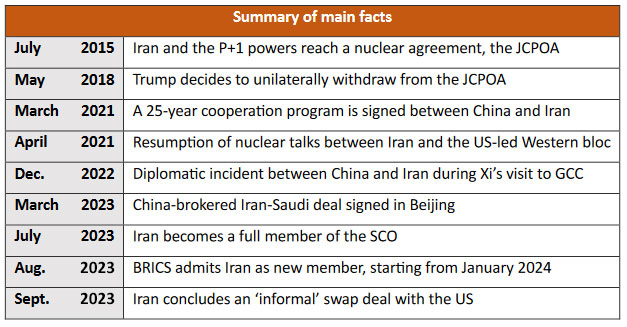
Given the enormous potential of Iran – whether economically, geopolitically or in security matters – it seems impossible for any great power to abandon such potential to its geopolitical rivals. It is not surprising, therefore, that the country is at the center of a showdown between Beijing and Washington.
Iran’s geopolitical importance for China
It is not unlikely that China may have feared being penalized in the event of a new nuclear deal between Washington and Iran, from which it could have been excluded. This may explain why Beijing didn’t wait for the resumption of nuclear talks between Iran and the Western bloc before achieving, amid the COVID crisis, the 25-year strategic partnership with Tehran. Obviously, that partnership (the implementation of which is yet to come) with a dissident voice such as Iran’s on the world stage is also critical to China – and to other emergent economies – for the ongoing restructuring of the Western-led global order inherited from both the Second World War and the collapse of the Soviet Union.
It is worth recalling one aspect of Xi Jinping’s visit to the Middle East in December 2022. At that time, many analysts had stressed that a diplomatic incident occurred between China and Iran upon China’s joint statement with Arab states, providing support to the UAE’s sovereignty over three islands located in the strategic Strait of Hormuz. These islands have been governed by Iran for over 50 years, since the withdrawal of the British Armed Forces in 1971. In fact, that so-called “incident” may simply reflect the pressure exerted by the US on its long-time GCC allies, in order to make them compel China to declare, albeit indirectly, that it won’t establish any military bases on these islands.
Beyond Iran, Eurasia has come to constitute a region of strategic importance for China, vital to its energy security and to the development of trade routes as part of the Belt and Road Initiative (BRI). In this context, a sovereign Iran is also a safeguard for China’s interests and geopolitical projections in the region and beyond. Accordingly, stabilizing the Southern Caucasus is a fundamental objective for both Iran and China.
The US’ approach to Iran is part of its traditional Middle-East strategy
In the meantime, the US has recently increased its military presence in the Gulf region, and has kept seizing Iran’s crude oil tanks, in a way that reflects Washington’s fear of seeing Iran escape its economic sanctions and reinforce itself as well as its regional allies, economically and militarily, by selling its US-sanctioned oil to China.
By developing its national manufacturing and strategic industries while reinforcing its regional allies and diversifying its international partners, Iran has so far posed a threat to the US hegemony in the Middle East, including a threat to the military supremacy of the US’ right hand in the region: Israel.
For decades, the US’ hegemony in the Middle East and beyond has been based on, and nurtured by, the spread of military conflicts, economic sanctions and rampant insecurity. Aside from Iran, countries such as Palestine, Iraq, Syria, Lebanon, Libya and Yemen are well-known examples of this destabilization strategy. In line with this tradition, and despite its growing focus on containing China in the Indo-Pacific, Washington is working hard to continue its political and social destabilization strategies in Iran, as well as in Iraq, Syria, Lebanon and Yemen, not to mention Afghanistan, Pakistan and the Southern Caucasus, strategies which have been its best weapons for decades in maintaining its military, economic and political supremacy in the region.
Clash between Beijing’s and Washington’s strategies on Iran
The Middle East is now torn between two political strategies, diametrically opposed: China’s stabilization strategy, and Washington’s traditional chaos-generating strategy. The clash between the two has created new political realities.
Iran’s integration into the SCO and the BRICS group, of which Washington is not part, is aimed at bringing structural stability to the region. Such historic change should mitigate the magnitude of Washington’s unilateral sanctions against Iran – and by mitigating them, compel the US to take a more peaceful path toward the region.
Moreover, the achievement of the China-Iran 25-year strategic partnership has undoubtedly weakened Washington’s containment strategy towards Beijing. As a result of this large-scale – and rather secret – plan with Tehran, which has been in preparation since 2016, China has reduced its Iran-related bargaining tool with Washington. Indeed, the content of the Iran-China 25-year deal, as well as the collective decisions to be taken by the SCO and BRICS + 6 members, are likely to be excluded from any future talks between China and the US over Iran and several other regional issues.


